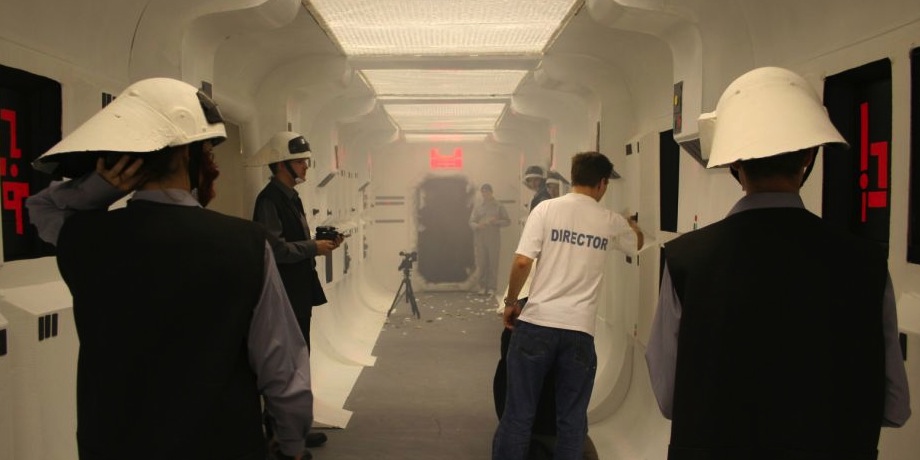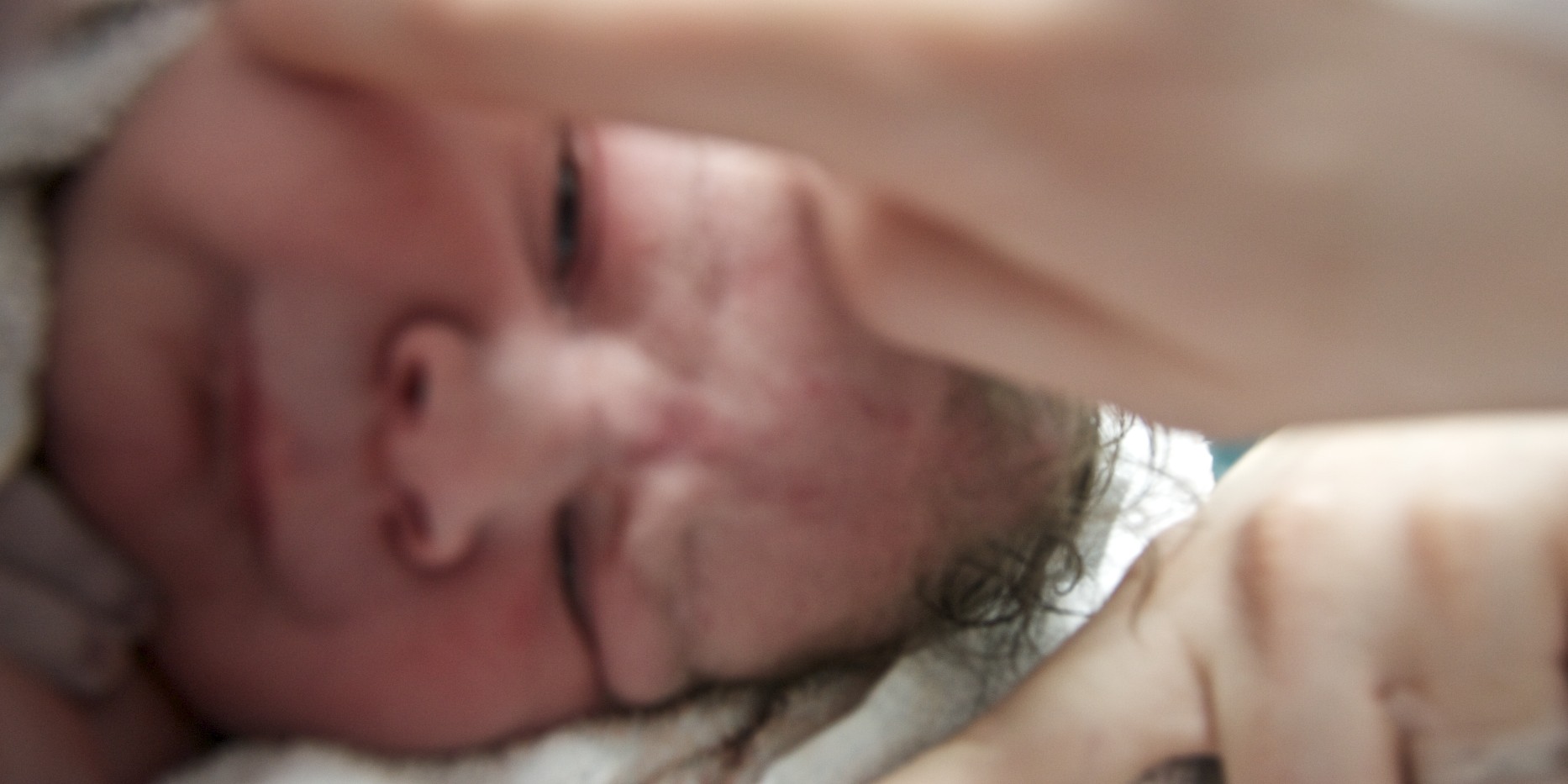The next generation of robots will be in homes, offices and hospitals, not to mention driving cars, flying around as drones, and, yes, working as prison wardens. Robots will be programmed to learn, and will exhibit emergent behavior not necessarily contemplated by their designers. What happens when good robots do bad things? Who is responsible? And what ethical and legal constraints should be considered at the design stage so that the robotics industry does not become the next full employment opportunity for lawyers? What kinds of public policies should we put in place to encourage the smart deployment of robots, striking the right balance between encouraging innovation and safety? These are the kinds of questions to be examined at We Robot
A conference is planned next year, to discuss legal issues around
robotics, such as who’s responsible if a learning robot does something
bad.
I think, we should just get on with it, and give robots individual
rights and responsibilities.
Hey, this is an interesting topic of discussion they have planned!
Relevant differences between virtual and physical robots.
χ














